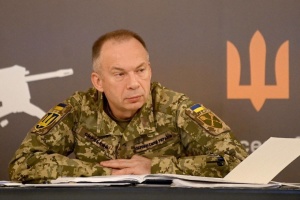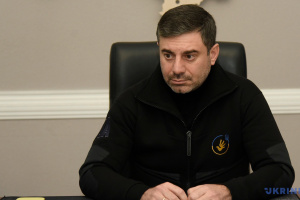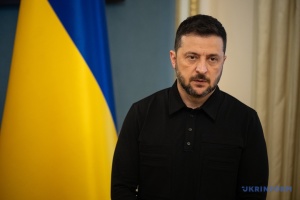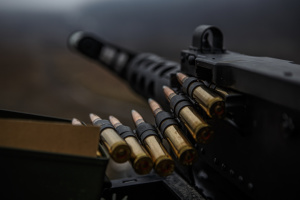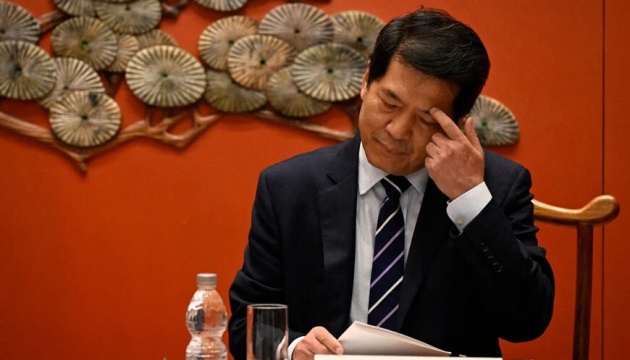
China as peacekeeper, or what its latest round of shuttle diplomacy on a negotiated end to Ukraine war ended up with
This week, the Chinese government’s Special Envoy for Eurasian Affairs, Li Hui was on his fourth round of "shuttle diplomacy" to Brazil, South Africa and Indonesia, focused on a political solution to the "Ukrainian crisis", as the Chinese leaders refer to the war Russia is waging in Ukraine. Beijing sent its special envoy on this shuttle diplomacy mission on July 28, soon after Ukraine’s top diplomat, Dmytro Kuleba concluded his first visit to the People's Republic of China since the outbreak of the war in February 2022, where he held talks with his Chinese counterpart, Wang Yi in Guangzhou on July 24.
During this mission, Li Hui talked over the war in Ukraine and gave interviews to reputable local media outlets. The Chinese envoy did not make any sensational statements, but there was noticed a shift in statements he made during this and previous missions, which reveals how Beijing is adjusting its policy with respect to the Russo-Ukrainian war, and what Ukrainians can expect from China in the future.
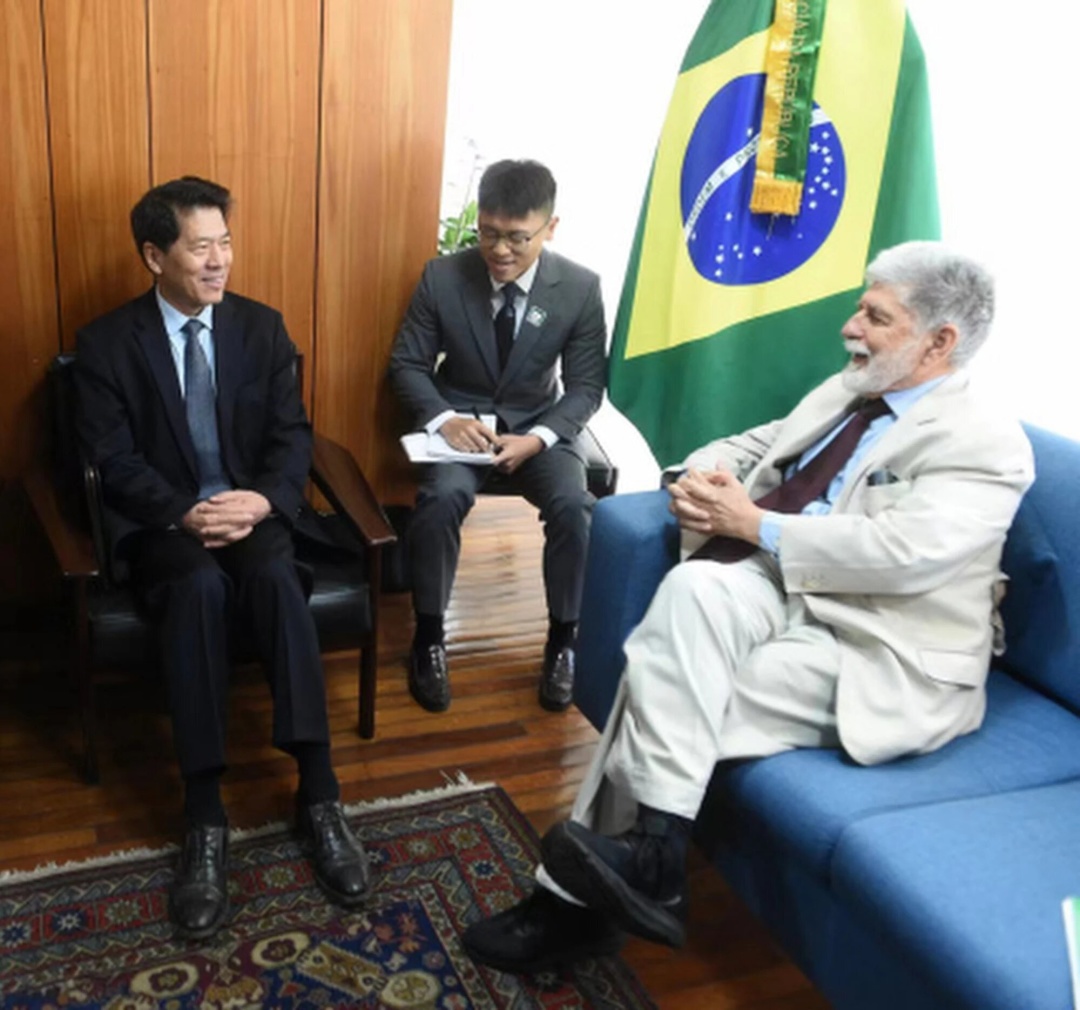
CONSOLIDATION OF THE GLOBAL SOUTH
Why Brazil, South Africa (officially the Republic of South Africa), and Indonesia? Because these are the lead countries of the Global South and front-runners in their respective parts of the world – South America, Africa, and Southeast Asia.
The views of these three governments are heeded by other governments in their respective regions, who tend to be guided by the positions of regional leaders in defining and pursuing their foreign policy goals. In other words, with support secured from Brazil, South Africa, and Indonesia, one can hope for at least an understanding with a majority of policy stakeholders in Latin America, Africa, and Asia.
That being said, Brasilia, Pretoria, and Jakarta pursue their own ambitions regarding their participation in global affairs and their "peace" initiatives for Ukraine. Last year, South African President Cyril Ramaphosa even brought together a delegation of several African country leaders for a mediation mission to Kyiv first, then to Moscow in June, which, expectedly enough, ended up with nothing.
Brazil came out with own proposals on how to end the war, and continues in contact on that matter with Kyiv. The head of the Office of the President of Ukraine, Andriy Yermak continually communicates with Celso Amorim, the international policy advisor to the Brazilian president, and a National Congress of Brazil delegation visited Kyiv earlier this week.
Indonesia, too, is seeking to be “on trend”. Last year, the then minister of defense and current president-elect, Prabowo Subianto pushed forward his own plan to end the war in Ukraine. In a recent interview with Ukrinform, Ukraine's ambassador to Indonesia, Vasyl Gamyanin was speaking about his meeting with Prabowo Subianto, the then-hopeful president, and expressed hope for his meaningful involvement in achieving a just end to the war.
What China and the three mentioned countries have in common in the context of the Russo-Ukrainian war is that they are all located very far away, and Ukraine is not among their strategic priorities. Russia, alternatively, is one of the most important trading partners and a member of joint associations such as BRICS, as well as one of Jakarta’s strategic dialogue partners within ASEAN.
Brazil, South Africa and Indonesia, like China, never condemned Russia’s war of aggression against Ukraine, neither did they join the sanctions the West slapped on the Russian Federation for its invasion of Ukraine. Instead, they declared to be neutral and went on with business as usual with Russia, pretending nothing had happened. Basically, these countries opt not to notice the big war ongoing in Europe, but they would like it to end sooner, in the hope the West’s anti-Russia sanctions may be lifted, and they return to trade as usual with Moscow.
The main result of the Chinese special envoy’s fourth "shuttle diplomacy" mission was that he managed to consolidate the Global South around China and its "peace" initiatives for Ukraine. Beijing has reinforced its position as the champion of the interests of developing countries, but failed to bring closer an end to Russia’s invasion of Ukraine.
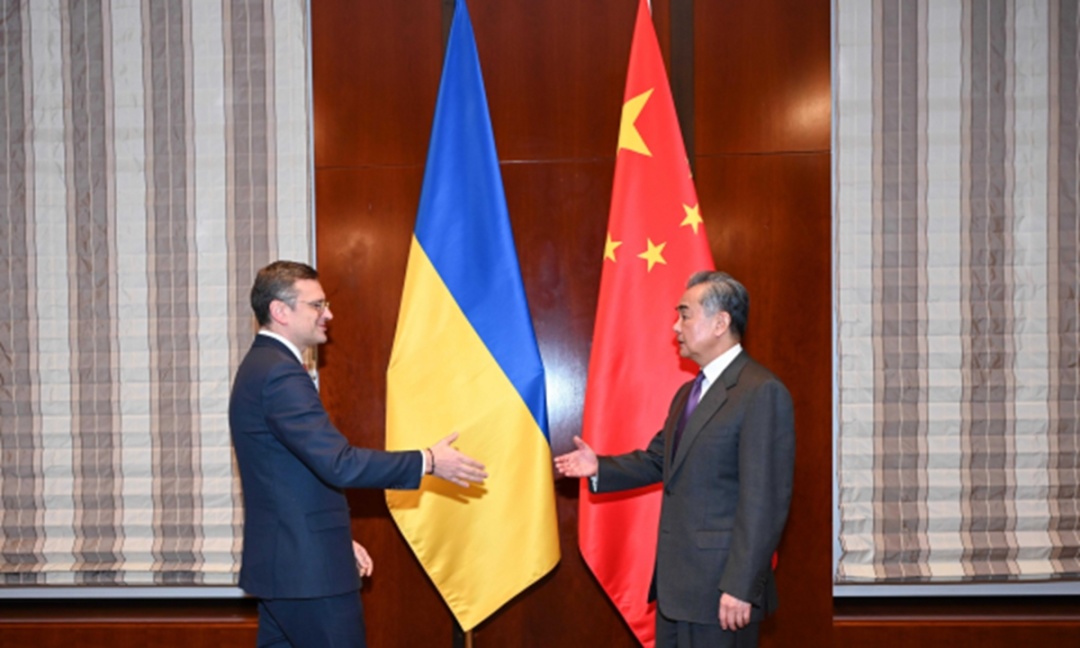
CHINESE "PEACE" INITIATIVES FOR UKRAINE
During the first year of the great war in Ukraine, China and the Global South as a whole were just sitting on the fence, watching the rapidly changing situation on Ukrainian battlefields -- from the initial successes of the occupying Russian army to glorious counteroffensive operations by the Ukrainian Defense Forces and the humiliating defeats and losses suffered by the "world’s second army", as well as the growing barrage of sanctions against the aggressor country and it’s becoming increasingly isolated from the rest of the world.
When the front line more or less stabilized in late 2022, and it became clear that the Kremlin's plans for a blitzkrieg had failed and the war would proceed into another year, a host of various proposals on how to end the war began pouring in from Latin America, Africa and Asia. But they all proved futile, mainly because their authors, in their calculations, mistakenly considered Putin to be a rational leader capable of acting wisely in the best interests of his country and people. But in reality, the Kremlin’s boss has long lived in a world of his own, detached from the real world, an imagined world in which he is saving Russia.
So the past year showed the unattainability of the aims of all the "peace plans" pushed forward by the Global South, excepting perhaps the Chinese plan, albeit with significant modifications needed. China's initial position on the war, set out in its 12-point peace plan Beijing introduced on February 24, 2023, a year after the breakout of Russia's all-out invasion of Ukraine, has already become a thing of the past, giving way to the “six-point consensus" proposed jointly by China and Brazil this May.
It is unknown for sure why Beijing gave up its initial plan, which was supported by all the countries amicable to China and highly praised by Moscow. There is a distinct difference this plan has compared to the six-point consensus; the latter omits a provision on respect for all countries’ territorial integrity and sovereignty based on the UN Charter.
In the Sino-Brazilian document, the first priority is the call to refrain from expanding the war to new fronts, to cease fire, achieve an armistice, and start negotiations to settle the disputes. This is how Beijing now sees an end of the war – through the cessation of hostilities along the contact line and through negotiations, thus effectively allowing time for the aggressor country, Russia, to quickly absorb the Ukrainian lands it seized and destroy everything Ukrainian.
During his latest round of shuttle diplomacy, as per reports by the Ministry of Foreign Affairs of the People's Republic of China, Li Hui never once mentioned China's 12-point plan, which was previously mandatory when discussing China's role in the search for a peace in Ukraine. This plan has been eventually removed altogether from the official rhetoric. So China's position is now based on the six-point consensus, which harbors a danger for Ukraine and is more than welcome for the Kremlin.
At meetings with his colleagues in Brazil, South Africa and Indonesia, the Chinese envoy also made no mention of a peace conference "recognized by Ukraine and Russia and with their equal participation." It looks like Beijing considers such a conference untimely and inexpedient, since neither Kyiv nor Moscow seem to be in a mood for negotiations due to a deep gap in their vision of preconditions for the start of the negotiation process.
Instead, in an interview with Brazilian media outlets, excerpts from which were published by the Chinese Foreign Ministry, Li Hui emphasized that territorial integrity of every country must be respected. Foreign Minister of the People's Republic of China, Wang Yi made a similar statement at talks with his Ukrainian counterpart, Dmytro Kuleba in Guangzhou, something on which the Ukrainian side focused a lot of its attention.
The inviolability of territorial integrity is one of the fundamental principles of China’s foreign policy and how China perceives its role in international affairs, this being related to its aspirations regarding Taiwan. This gives reason to confidently assume that Beijing has no intention to impose on Kyiv the demand to give up its territories to Russia in exchange for an end to the war, but it does not demand either that Moscow withdraw its troops from its occupied parts of Ukraine as a first precondition for the start of peace negotiations.
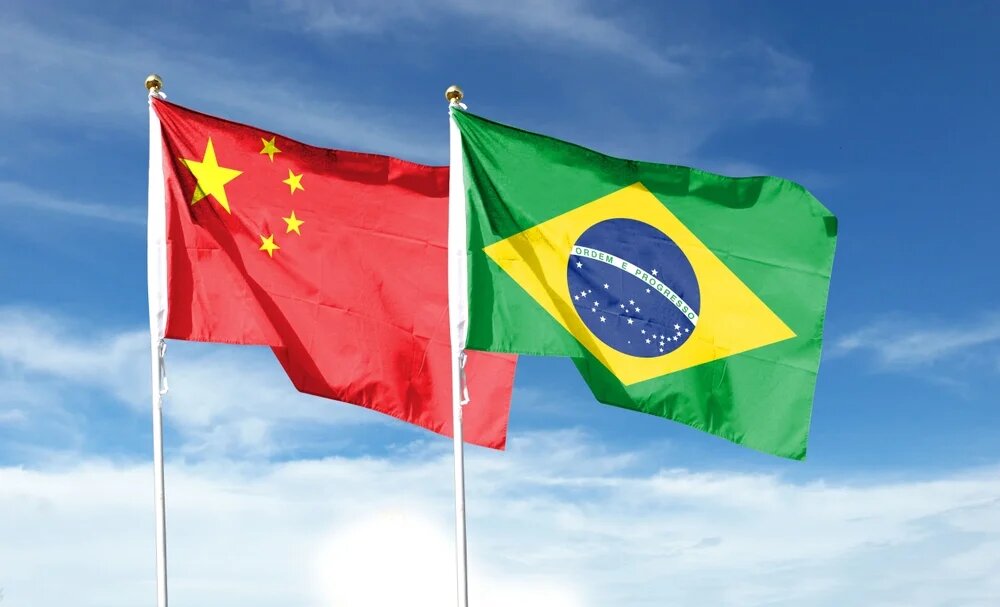
CHINESE "CONSENSUS" AND THE RISKS IT HARBORS FOR ACHIEVING A JUST PEACE IN UKRAINE
During the fourth round of his shuttle diplomacy mission, Li Hui reiterated on multiple occasions that the Sino-Brazilian six-point consensus initiative was supported by more than 110 countries, over a half of 193 active members of the United Nations. The Beijing’s envoy did not reveal the names of the countries in question, and China’s Foreign Ministry does not make such data public either, so its validity is difficult to verify.
It can be assumed that the Sino-Brazilian initiative gained support from countries in Africa, Latin America, Asia, and perhaps the PRC's partner countries in the Middle East. Kyiv never made public its response to the "consensus" officially. Ukraine’s top diplomat, during talks with his Chinese counterpart Wang Yi, confined his comment to saying that Ukraine attaches great importance to China's opinion and carefully studied all Beijing's initiatives, as quoted by China’s Foreign Ministry in a press statement.
Moscow’s response to Beijing’s "peacemaking" initiatives was equally restrained. In fact, Putin has on multiple occasions explicitly made clear leaders of which countries he wants to see among the "mediators": these are African leaders, Hungarian Prime Minister Viktor Orbán, as well as his best friend Xi Jinping. And right at the time Putin was talking about peace negotiations, or a day or two after, Russian army was pounding hospitals, schools and residential neighborhoods in Ukrainian cities.
The Russian president, as mentioned above, lives in his own world of fantasies, where he is an all-powerful ruler, the leader of the world’s largest and most powerful country named the Russian Federation. And he does not need any advisers-mediators, he only needs the unconditional surrender of Ukraine, whatever price Russia itself will have to pay for it.
However, this position of Moscow does not embarrass Beijing, which continues to gain profit from this war while simultaneously beefing up its global position, consolidating around itself non-Western states under whatever pretexts. China’s activity on issues surrounding the Russian-Ukrainian war and ways to end it is also part of the arsenal of countermeasures Beijing is using in its confrontation with the United States of America and the Western World as a whole.
Particularly noteworthy in this context is a statement Li Hui made in an interview with the leading Brazilian media outlet Folha de S. Paulo regarding an intention by China and Brazil to push forward with their "six-point consensus" initiative at the next UN General Assembly session in September. The two countries seek to muster support for this "consensus" initiative from the majority of attendee countries of the upcoming UN General Assembly session so that it becomes an official proposal for negotiations between Ukraine and the Russian Federation.
There is a pretty high probability that the Sino-Brazilian “peace” initiative will find sufficient support, given that over 110 countries have already responded positively to it, as claimed by China. This means to say that the global community is going to put pressure on both Ukraine and Russia to make them respect and fulfil the majority’s decisions.
The Kremlin will certainly ignore the UN General Assembly’s consensus resolution, as it did with respect to all the decisions taken by international institutions unsympathetic to Moscow. But for Ukraine, it may be more difficult to disobey a decision by the world’s majority and avoid pressure and demands to take steps towards a ceasefire. As another option, Russia’s shelling attacks on peaceful Ukrainian cities will probably add arguments in favor of Ukraine rejecting ceasefire deal with Moscow and continuing fighting against the aggressor state.
That said, in order to avoid bad surprises at forthcoming UN General Assembly session, it is worth starting to work with the countries favoring cease-fire proposals to expound the catastrophic consequences this may have for Ukraine and that Russia must be stopped now because appeasing the aggressor would lead to more atrocities elsewhere in the future. Examples of concessions to an aggressor becoming a prelude to bloody and devastating wars are aplenty in 20th century history, and also in more recent times, particularly after Putin's ascension to the presidency in 2000.
So, whatever and how many "peace" initiatives the Celestial Empire’s bureaucracy may invent for Ukraine, they are not able to really speed up the peace. In order to become an effective moderator in the conflict and to make the warring parties cease hostilities, a large influential country, which China undoubtedly is, must be ready for decisive moves, to exert pressure, to blackmail and threat, as the USA does in critical situations while pursuing its foreign policy goals.
And in order to act decisively, one needs to clearly define who is the aggressor and who is the victim, without differentiating whether it is a close partner or a competitor, and to choose a side instead of being neutral. Lack of vigorous action and rhetorical calls to end the war alone do not work, and even less so when dealing with someone possessing a large army and nuclear weapons. Putin never hesitates to sign with Xi Jinping joint statements on the need to de-escalate the war in Ukraine, and, hypothetically, an hour later, with the same hand signs an order to open a new front in the Kharkiv region, without caring too much about the commitments he made to partners.
The only thing that can end the war sooner is the invader’s defeat on the battlefield, in which China nor the Global South as a whole are helpers for us. But we, however, still need to work with them, convincing them that, in the 21st century, the future of not only Ukraine, but of the entire civilized world is being defended on the Ukrainian battlefields, and any attempts to bring the world back to the medieval times with their wars of conquest and arbitrary redrawing of lines will end up with a disaster for the aggressor country.
Volodymyr Sydorenko, Beijing
Headline Photo via gettyimages

